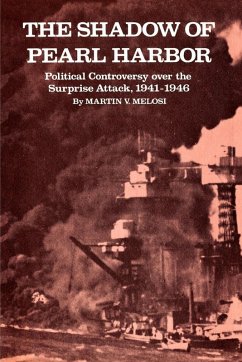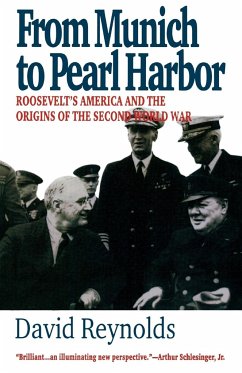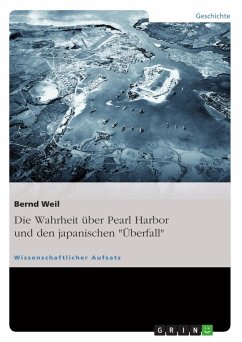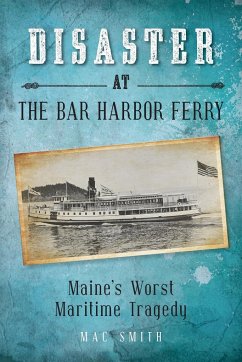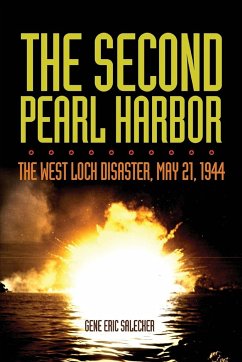
The Second Pearl Harbor
The West Loch Disaster, May 21, 1944
Versandkostenfrei!
Versandfertig in 1-2 Wochen
27,99 €
inkl. MwSt.

PAYBACK Punkte
14 °P sammeln!
In May 1944, with American forces closing in on the Japanese mainland, the Fifth Fleet Amphibious Force was preparing to invade Saipan. Control of this island would put enemy cities squarely within range of the B-29 bomber. The navy had assembled a fleet of landing ship tanks (LSTs) in the West Loch section of Pearl Harbor. On May 21, an explosion tore through the calm afternoon sky, spreading fire and chaos through the ordnance-packed vessels. When the fires had been brought under control, six LSTs had been lost, many others were badly damaged, and more than 500 military personnel had been ki...
In May 1944, with American forces closing in on the Japanese mainland, the Fifth Fleet Amphibious Force was preparing to invade Saipan. Control of this island would put enemy cities squarely within range of the B-29 bomber. The navy had assembled a fleet of landing ship tanks (LSTs) in the West Loch section of Pearl Harbor. On May 21, an explosion tore through the calm afternoon sky, spreading fire and chaos through the ordnance-packed vessels. When the fires had been brought under control, six LSTs had been lost, many others were badly damaged, and more than 500 military personnel had been killed or injured. To ensure the success of those still able to depart for the invasion-miraculously, only one day late-the navy at once issued a censorship order, which has kept this disaster from public scrutiny for seventy years. The Second Pearl Harbor is the first book to tell the full story of what happened on that fateful day. Military historian Gene Salecker recounts the events and conditions leading up to the explosion, then re-creates the drama directly afterward: men swimming through flaming oil, small craft desperately trying to rescue the injured, and subsequent explosions throwing flaming debris everywhere. With meticulous attention to detail the author explains why he and other historians believe that the official explanation for the cause of the explosion, that a mortar shell was accidentally detonated, is wrong. This in-depth account of a little-known incident adds to our understanding of the dangers during World War II, even far from the front, and restores a missing chapter to history.





